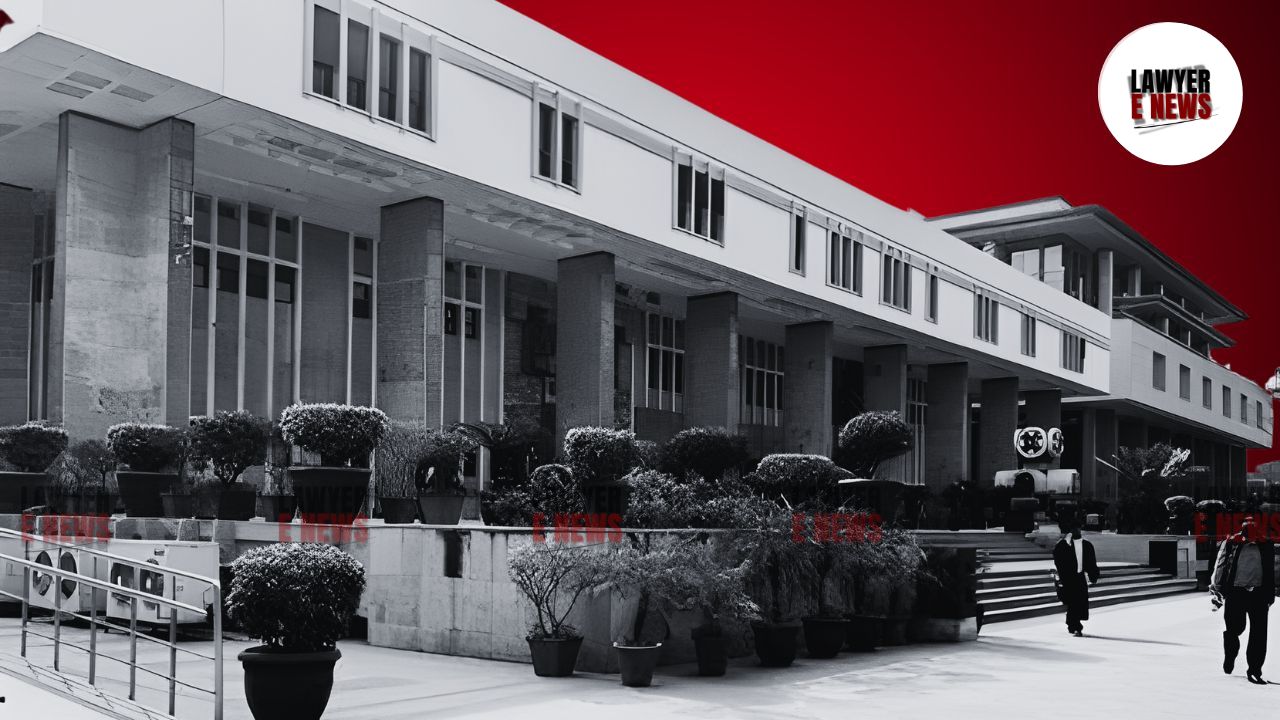-
by sayum
14 February 2026 2:22 PM



“Reasonable accommodation does not extend to compromising patient safety or essential medical competencies,” says Delhi High Court. On November 12, 2024, the Delhi High Court dismissed an appeal by Kabir Paharia, a PwD candidate challenging his disqualification from pursuing an MBBS course based on disability-related limitations. In Kabir Paharia v. National Medical Commission & Ors., a Division Bench comprising Chief Justice Manmohan and Justice Tushar Rao Gedela upheld the lower court's decision and the assessments by multiple medical boards, which found that Paharia’s disability would impede essential medical skills. This case highlighted the complexities of applying the Rights of Persons with Disabilities (RPwD) Act, 2016, to professional courses with inherent physical demands.
Kabir Paharia, belonging to the SC-PwD category, scored highly in NEET (UG) 2024, qualifying for the medical admission process. Despite a 68% disability rating due to congenital limb amputation, a recognized certification center deemed him ineligible for medical studies, citing essential functional limitations. Paharia challenged this determination, arguing that his condition did not hinder his ability to perform medical tasks when using assistive devices and that the disqualification violated the RPwD Act’s principle of “reasonable accommodation.” After an unfavorable judgment from a Single Judge, he appealed to the Division Bench, seeking either re-evaluation with assistive devices or restricted eligibility solely for teaching roles in medicine.
Paharia argued that “reasonable accommodation” under the RPwD Act mandated a thorough, supportive evaluation, potentially with assistive devices, to assess whether he could meet MBBS course requirements.
The Court rejected this view, emphasizing that “reasonable accommodation” does not necessitate compromising patient safety or the medical competencies essential for all MBBS graduates. The Court observed, “The primary responsibility of a medical graduate extends beyond knowledge acquisition to include crucial life-saving skills that cannot be delegated or substituted by devices alone”.
Paharia contended that assessments by the medical boards lacked compliance with directives for comprehensive re-evaluation with assistive devices, and omitted necessary details about their methodologies and justifications for disqualification.
The Court noted that three separate, specialized medical boards reviewed his case, all reaching a consistent conclusion. It held that expert medical assessments are generally conclusive unless shown to lack valid reasoning. Referring to the Supreme Court’s guidance in Omkar Ramchandra Gond v. Union of India, the Court reiterated that Disability Assessment Boards must provide clear reasons when disqualifying candidates, a criterion that was met in this case.
As an alternative, Paharia proposed limiting his eligibility to teaching roles within medicine, exempting him from practical patient care.
The Court clarified that Indian medical regulations require all MBBS students to complete clinical competencies across disciplines, including surgery and emergency care, which form the foundation for any medical role, including teaching. As noted, “A medical teaching role presupposes the practical expertise that only complete MBBS training can confer; an incomplete clinical exposure does not suffice”.
The Delhi High Court concluded that the decision of the AIIMS Medical Board, including its reconstituted panel with a disabled doctor, was sound, detailed, and in line with both the RPwD Act and National Medical Commission regulations. Though sympathetic to Paharia’s aspirations, the Court held that his functional limitations in clinical tasks rendered him ineligible for the MBBS program under current medical standards. In light of advancing technology, however, the Court directed authorities to explore pathways for PwD candidates in selected medical fields within six months.
Date of Decision: November 12, 2024
